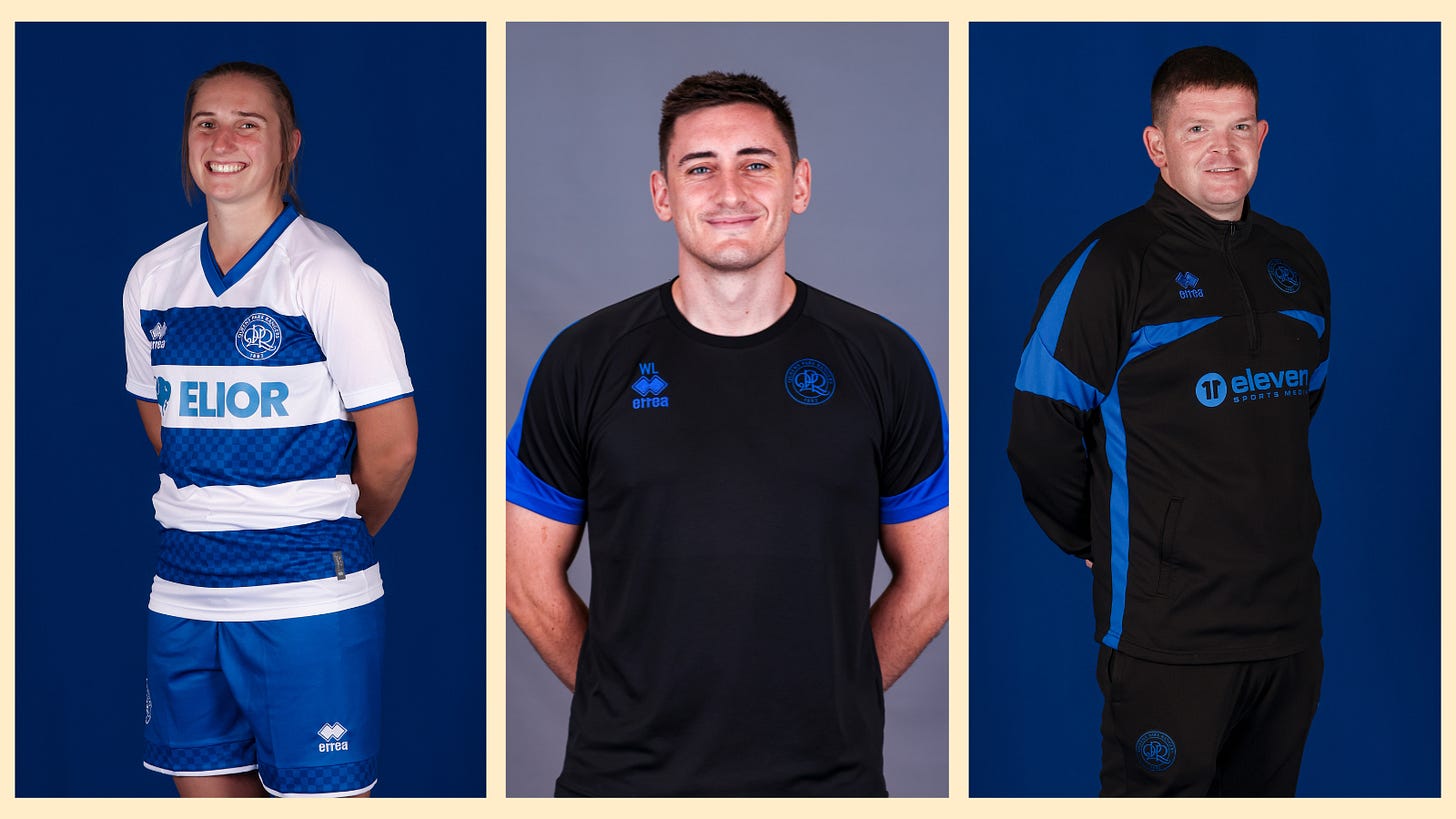'We've got to keep pushing': How QPR is rejuvenating their women's team with an eye on WSL2
Inside QPR's ambitious plans with their CEO, head of women's football and more

Will Lambert doesn’t want to give a specific timeline. After all, the Queens Park Rangers men’s team have had four-year plans before.
But QPR’s head of women’s football is absolutely clear when he says that the west London club are target…



